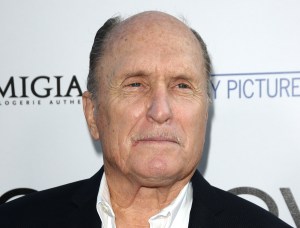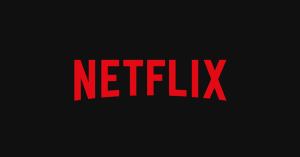Viewers won’t be catching up with Sheryl Underwood, Amanda Kloots, Jerry O’Connell, Akbar Gbaja-Biamila, and Natalie Morales anytime soon. Amid the ongoing Writers Guild of America strike, CBS’ daytime talk show The Talk has officially stopped production.
The Hollywood Reporter confirmed the news, reporting that the show “is going dark during the strike.” Since the show has a batch of previously taped original episodes, those episodes will air this week and part of next week. However, it is expected that no new episodes will be filmed during the strike, and the talk show will air repeats after the pre-taped original episodes air.
Videos by PopCulture.com
The WGA’s strike is already having a massive impact on the TV landscape, with late-night TV hit especially hard. Saturday Night Live, The Late Show with Seth Meyers, Jimmy Kimmel Live!, The Tonight Show Starring Jimmy Fallon,The Daily Show, and more have all paused production. However, the daytime TV landscape hasn’t faced the same implications due to the fact that several daytime talk shows don’t employ WGA scribes. The Talk, however, is an exception, explaining the current production pause. While fellow daytime talkers The View, Live With Kelly and Mark, and the syndicated Tamron Hall are unaffected. Meanwhile, although NBCUniversal’s The Kelly Clarkson Show does have guild writers, it apes episodes in advance and has a bank of shows on which to draw as the strike continues.
The strike is also impacting primetime TV, with the list of shows pausing production growing overnight. Currently in production on its second season, NBC’s Night Court was supposed to resume filming next week, but sources told Deadline that is now impossible due to the strike. Starz’s Power Book III: Raising Kanan, which was in production on Season 3, has also paused work, with the writers’ room for Cobra Kai Season 6 also shutting down. Also pausing production amid the strike are Yellowjackets Season 3 and Abbott Elementary.
The production halts come after the WGA on Monday officially called for a strike after its negotiations with the Alliance of Motion Picture & Television Producers failed to reach an agreement. In a message sent directly to members, the WGA said, “Though we negotiated intent on making a fair deal – and though your strike vote gave us the leverage to make some gains – the studios’ responses to our proposals have been wholly insufficient, given the existential crisis writers are facing. We must now exert the maximum leverage possible to get a fair contract by withholding our labor.” During the work stoppage, union members cannot write for the studios, and pitch or negotiate future work. They also cannot work on what was already written before the strike.








